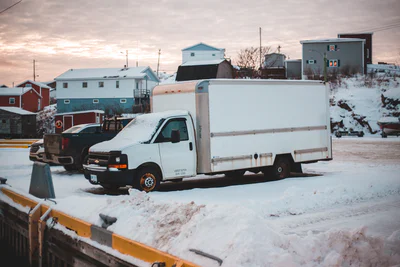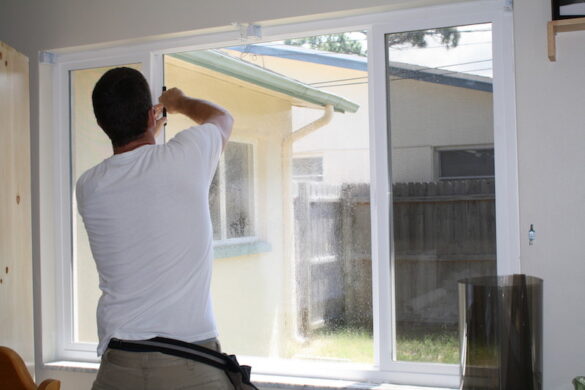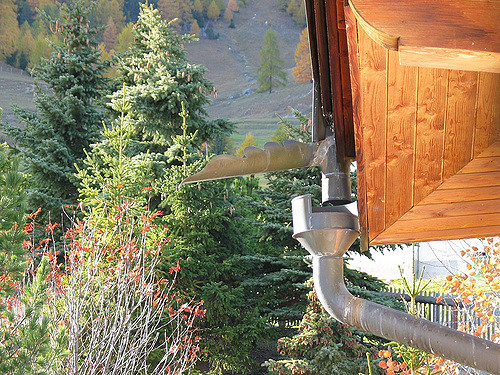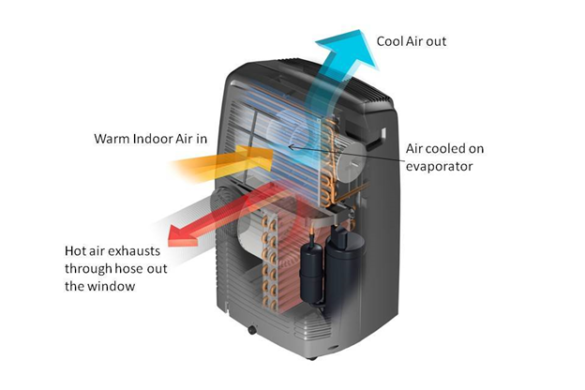
Now, more than ever, it is important to look after our environment. The majority of us can recycle and use a compost pile, but what if you took it to the next step and turned your whole garden into an eco-friendly, self-sufficient hive of sustainability? With this in mind, we offer six helpful tips on how you can make the best of your garden in an ecological way.
Harvest Rainwater
Water can be a precious commodity, and installing a water barrel into your garden is an easy and cheap way to collect water when it rains. Rainwater contains minerals and is chlorine free, making it perfect for watering your garden.
Harvesting rainwater also means your water bill will reduce and regular watering should increase the amount of heavy rainfall your garden can cope with if stormy weather should occur, reducing erosion and overflow. Ensure you use the water regularly to ensure that the water is aerated and not clogged up with debris.
Good Irrigation
Another easy, self-sufficient way to ensure your garden is watered well is to install an irrigation system using irrigation supplies. There are three different ways in which you can water your lawn with irrigation:
Spray irrigation waters all parts of the garden with pop-ups, gear drives and shrub sprays. The even distribution of water means that your garden will stay looking greener for longer. Spray irrigation is especially good for laying new lawn.
Drip irrigation is generally the most suitable way to keep your garden watered evenly. Drip irrigation focuses on the roots of your plants and lawn. Watering at the root reduces water evaporation meaning that less water is lost and your garden sees the benefits. This type of system has less parts meaning that it is easier to maintain.
Finally, Micro-irrigation is perfect for smaller areas in your garden. This system uses micro tubes and sprays which are smaller than pop-ups and shrub sprays. These micro sprays are small and subtle so they won’t invade your small area, or spoil the overall look.
Companion Planting
Growing certain plants together helps your garden to thrive. Combining plants that go together like ying and yang will mean that they boost each other’s growth and vitality, generally making them easily to look after. For example, tall plants can provide shade and cover for smaller more sensitive plants. Equally, you should consider which plants don’t work well together, some plant combinations may inhibit growth, causing problems for you.
Related: Gardens in the sky
Welcome insects
Insects are crucial to maintaining a healthy ecosystem within your garden. You want to attract the ‘good’ bugs who will come along and pollinate, decompose and act as predators to keep your garden looking the way it should be. Gardens are also essential for attracting and protecting rare species of insects – all contributing to the healthy, self-sufficient maintenance of your eco-system.
Indigenous Plants
Growing native plants in your garden means you should have a thriving environment. Indigenous plants are sustainable plants, they are used to the environment, used to the type of soil and used to the native insects, so should require less maintenance and assistance to survive. Native plants also usually require less fertiliser.
Keep it Natural
Looking after your garden doesn’t have to mean man-made fertilizers and toxins. These pesticide-heavy products, weed killers and chemical fertilisers are not actually essential in keeping your garden in tiptop condition. Using all-natural compost is much healthier for your garden, in combination with working to attract the right insects. Once all is in place, your garden should have the right components in place to work towards a healthy, natural ecosystem that will look after your garden for you.
Whether you’re a keen gardener with a mature garden or just getting started on a new plot, keep the advice above in mind, and your garden should be a little greener!
You might also enjoy: Tips for splitting chores in shared housing








